Explore
Search results


Today race is a more prominent and intransigent problem than ever.


Bryan Stevenson, founder and director of the Equal Justice Initiative, speaks with Harvard President Drew Gilpin Faust about his organization’s efforts to build a museum examining the legacy of slavery, racial terrorism, segregation, and police violence.


How does the dialogue on race continue?


What are the ways in which people are viewing voting through the lens of race?

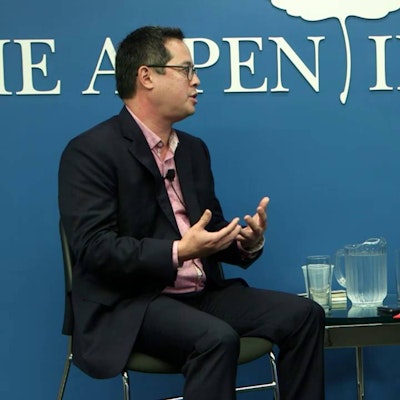
Author Jeff Chang says America has slid back toward segregation.

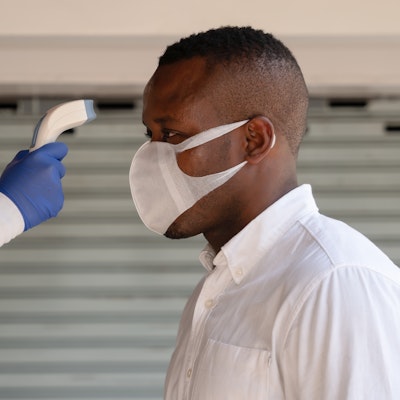
Black people are 3.5 times more likely to die of the coronavirus than white people. Why is this?


The coronavirus crisis is impacting poor, low-income, and people of color disproportionately.

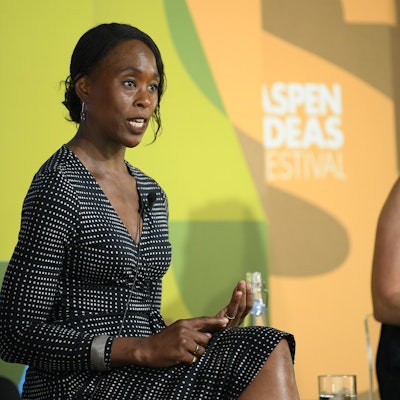
Hear from Margot Lee Shetterly and Chimamanda Ngozi Adichie, two award-winning authors.


Valerie Jarrett, a former senior advisor to the president, looks back on the Obama White House.


It’s time to slow down and start again to remake American culture and undo systemic racism, says author and Yale professor Claudia Rankin. White Americans must wade into the waters of Whiteness, and interrogate their own responses to Blackness.

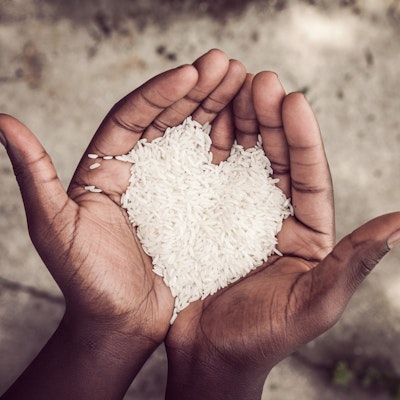
In this pandemic recession, millions of Americans are going hungry, and Black and Hispanic households are hit harder than white ones. Throughout US history, hunger and health have been tied to race and now Covid-19 is affecting low-income, communities of color disproportionately.
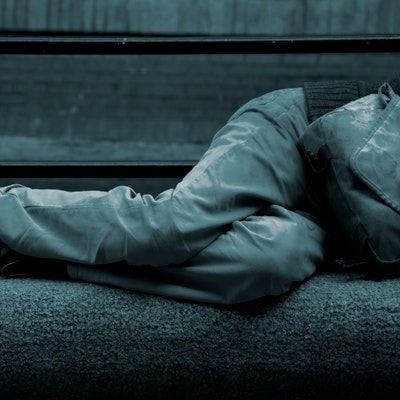

Wes Moore, author of "Five Days: The Fiery Reckoning of an American City" (written with Erica Green), says communities around the United States must confront systemic racism.


After more than two decades of research, tax scholar Dorothy A. Brown discovered that America's tax system is not color-blind. In fact, societal racism is deeply embedded in it. From attending college to getting married to buying a home, Black Americans are financially disadvantaged compared to their white peers.

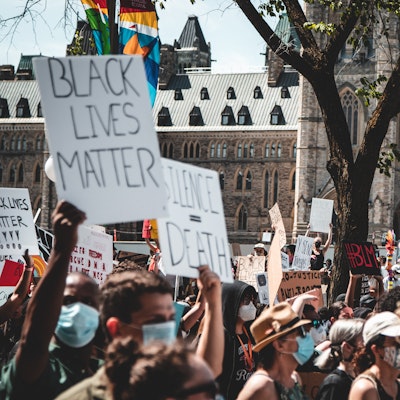
Across the United States, from rural areas to cities and suburbs, people have been hitting the streets to protest racism and police brutality.


The civil rights movement has affected all Americans, whether they realize it or not. The opportunity for everyone to vote represents a major shift, but changes in education, housing and even sports reflect the strategic leadership of activists throughout American history. Civil rights experts and Stanford University professors Pamela Karlan and James Steyer discuss the hi...


Throughout American history, racism has been embedded in health and health care. To justify slavery, scientists promulgated falsehoods about African Americans and health. More recently, social policies rooted in racism have led to less access to care, higher disease rates, and lower life expectancies for communities of color. Science writer Harriet Washington says structur...


The age of technology and the internet provides constant easy access to sexual content and information about sex, for all tastes and curiosities. But survey data show that young people are having less sex than people of previous generations did at their age, and the experts are trying to figure out why. In this 2019 talk from the Aspen Ideas: Health archives, three profess...


Primary season is around the corner. How will the spread of misinformation be mitigated?


Since 2016, we’ve watched women rack up unprecedented wins.


Michael Eric Dyson on the politics of race and Obama's groundbreaking presidency.







